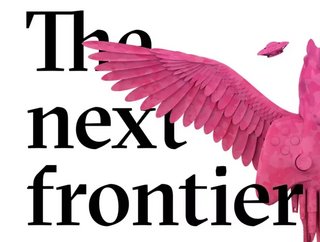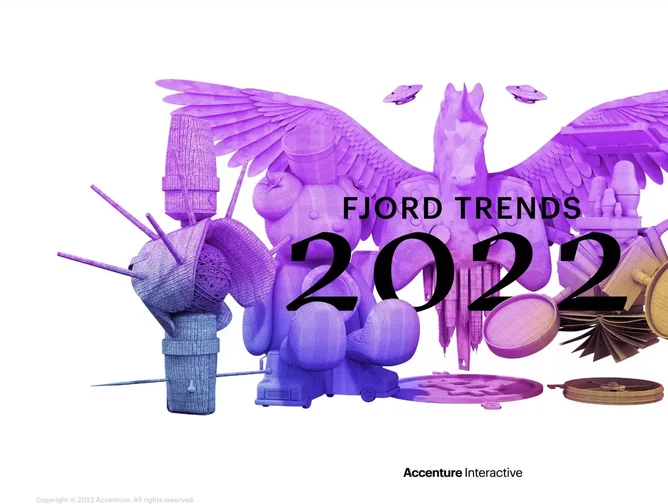5 human behaviours that will shape business in 2022

Nearly two years of disruption to the fabric of society has resulted in a collective shift in people’s relationships with work, consumerism, technology and the planet, pushing companies to design and deliver new ways of doing business, according to the annual Fjord Trends report from Accenture.
Fjord Trends, which is focused on customer behaviour and its resulting impact on society, culture and business for the coming year, is crowdsourced from across Accenture Interactive’s global network of 2,000+ designers and innovators in more than 40 locations.
According to the report, newly identified behaviours will challenge businesses to rethink their approach to design, innovation and growth as a result of the shifts in employee expectations and mindset, scarcity caused by disrupted supply chains, and new virtual environments such as the metaverse.
“Don’t underestimate the degree of relationship change we are seeing – or the role of business in responding to it,” says Mark Curtis, head of global innovation and thought leadership at Accenture Interactive.
“The choices that businesses make next might affect our world and its structure in more ways than we can imagine, and it all points to shifts in people’s relationships – with colleagues, brands, society, places and with those they care about. “There are challenging times ahead, but also great opportunities for businesses to stitch together positive relationships to create a fabric of life that is good for people, society and the planet.”

Fjord Trends 2022 dives into five human behaviours and trends bound to affect society, culture and business:
-
Comes as you are
The growing sense of agency that people have over their lives two years into the pandemic is affecting the way they work, relate and consume. People are questioning who they are and what matters to them. The rising individualism underlined by a “me over we” mentality has profound implications for organisations in how they lead their employees, how they shape a new employee value proposition, and how they nurture company-customer relationships. -
The end of abundance thinking
Over the past year, many have experienced empty shelves, rising energy bills, and shortages in everyday services. While supply chain shortages might be a temporary challenge, the impact will persist and lead to a shift in ‘abundance thinking’ – built on availability, convenience and speed – to greater consciousness about the environment. Businesses must address the availability anxiety experienced by many around the world. -
The next frontier
A cultural explosion waiting to happen, the metaverse will be a new frontier of the internet, combining all the existing layers of information, interfaces and spaces with which people interact. It offers a new place to make money, is creating new job types, and offers infinite brand possibilities that people will expect businesses to help build and navigate. And it won’t just exist through screens and headsets — it will also be about real-world experiences and places that interact with the digital world. -
This much is true
People now expect to ask and have questions answered at the touch of a button or through a brief exchange with a voice assistant. The fact that it’s so easy and immediate means people are asking more questions. For brands, the range of customer questions and the number of channels for asking them is growing constantly. How to answer them is a major design challenge, a critical driver for trust, and a future source of competitive advantage. -
Handle with care
Care became more prominent this past year in all its forms: self-care, care for others, the service of care, and the channels to deliver care, both digital and physical. This is creating opportunities and challenges for employers and brands, regardless of their health or medical credentials. The responsibilities around caring for ourselves and others will continue to be prioritized in our lives. Designers and businesses alike need to make space for being able to practice care.






